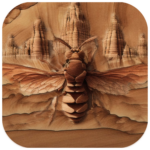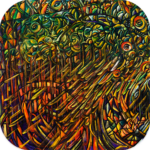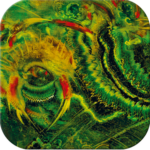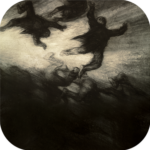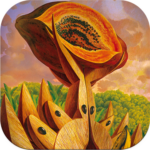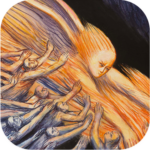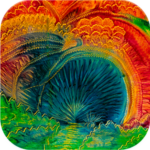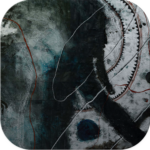About Island Fruit Remedy
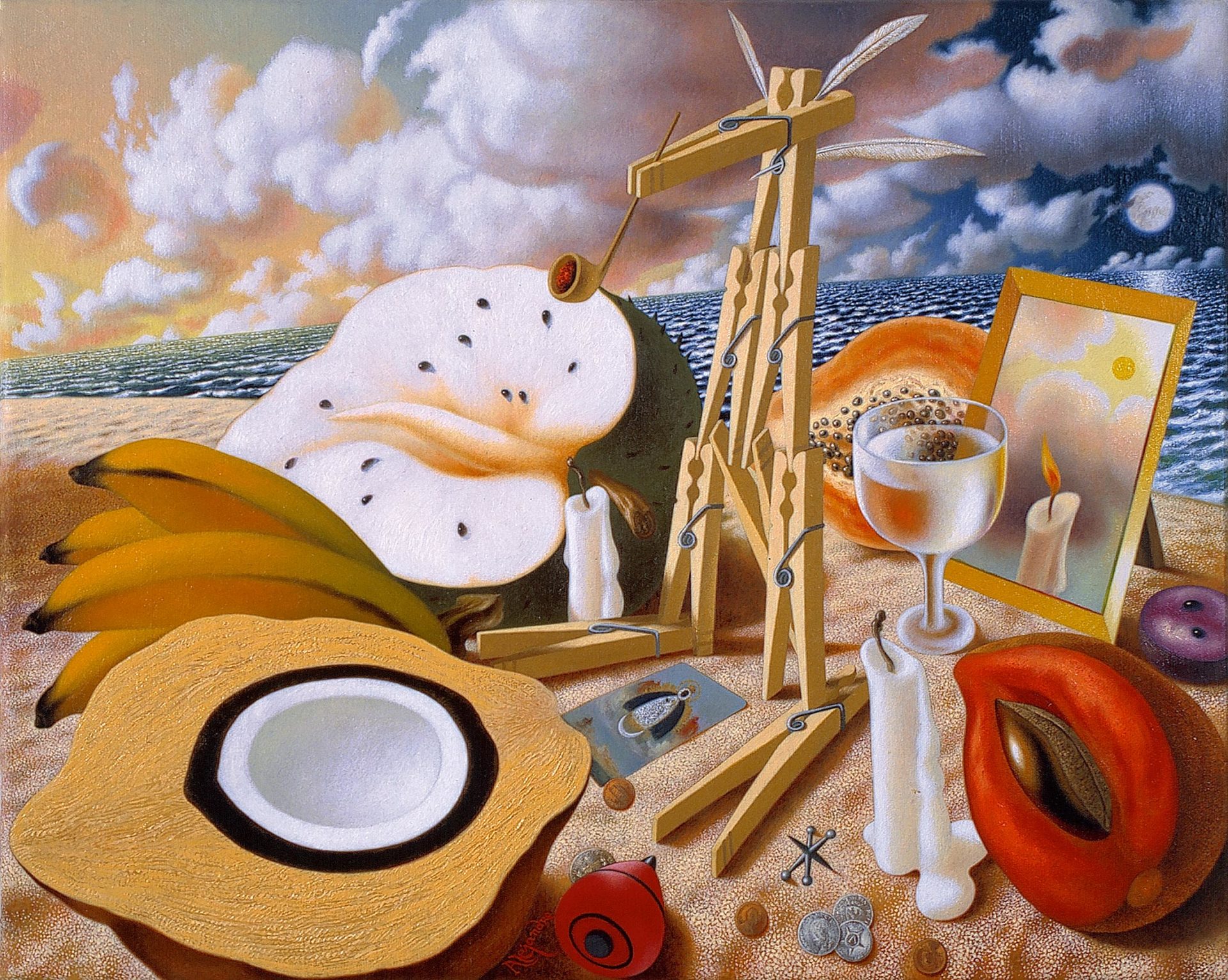
Q: Our protagonist, Wood, is a fantasist. It takes him some time to see his romantic fantasies for what they are. One has to wonder: do you write from experience?
RS: If you’re going for the truth, there’s no other way.
Q: It’s a difficult journey for him, but he finds home and hearth.
RS: He does. In a way, Island Fruit Remedy is a counterstatement to Rin, Tongue and Dorner. Wood finds what Dorner does not. The remedy is truthful to me, because that’s how I experienced it. Finding home and hearth is difficult if it’s not part of your childhood.
Q: Our protagonist, Wood, is a fantasist. It takes him some time to see his romantic fantasies for what they are. One has to wonder: do you write from experience?
RS: If you’re going for the truth, there’s no other way.
Q: It’s a difficult journey for him, but he finds home and hearth.
RS: He does. In a way, Island Fruit Remedy is a counterstatement to Rin, Tongue and Dorner. Wood finds what Dorner does not. The remedy is truthful to me, because that’s how I experienced it. Finding home and hearth is difficult if it’s not part of your childhood.
“Mystery turns love into a creative act. Fantasies are born. Both the love object and the relationship become works of art. And romantic attachments are very appealing to artists.”

Q: Wood’s guiding fantasy, the “Sacred Space,” nourishes his marriage for a time. Then Wood realizes the fantasy has destroyed it. And Papaya arrives to tempt him with another fantasy.
RS: Tray’s insight about mystery is an important one. He’s trying to help Wood understand what happens when mystery becomes a paramount value in love. In many ways, mystery is the essence of romance. It gives the lover freedom to follow his or her passion wherever it leads. Mystery turns love into a creative act. Fantasies are born. Both the love object and the relationship become works of art. And romantic attachments are very appealing to artists. The outcome, however, is often unexpected: distance, insularity, disillusionment; conflict, sometimes tragedy. Mystery allows the lover to imagine whatever he or she pleases.
Q: Wood’s fantasies about his wife, Vadette, are extreme. A scorpion?
RS: If you love someone, breaking up is an altered state. People try to be rational, but the subconscious is in the driver’s seat.
Q: Wood learns to be a better partner by trial and error, through encounters with a succession of women. Is this the only way we can learn how to love?
RS: It’s the only way I know. Is anything harder or more painful? The greatest romantic fantasy of all is the one at the center of the Sacred Space: the idea that love can happen easily, naturally, without any mistakes or effort at all.
Q: The depiction of women as fruit was disturbing in some respects. Must women always be objects to men?
RS: Our Magus, the Pink Sower, tries to help Wood see beyond the objects—to understand the underlying plan. While the Sower wants Wood to see more deeply, it’s still true that the tendency to view members of the opposite sex as objects is part of our design. If you’re a male bird, your prospective mate will evaluate you initially based on your plumage and the quality of your voice. She’ll get to know you better only if your surface qualities appeal to her. It might be nice if she could somehow divine your deeper nature up front, but there are limits to how far she can transcend her own instincts. We’re not birds, but we have some of the same limitations.
Q: Wood conjures the Pink Sower in his moment of greatest need. As with all of your protagonists, the Sower is a god. And the revelation of his power feels like a real and lasting triumph of the imagination.
RS: I like the way you put that. The important thing, I believe, is that the Sower is the world’s imagination, not Wood’s.
Q: Your familiarity with the tastes, textures, aromas and characters of tropical fruit takes center stage in IFR, and the descriptions are vivid. How do you know so much about fruit?
RS: The passion was my daughter’s. It infected me, and with Ramon Alejandro’s help, I was persuaded that it was an ideal way to express Wood’s journey.
Q: Toward the end of the story, Wood engages in fetish behavior—an adult nursing relationship.
RS: I’m not sure I would use the term “fetish.” While the biological purpose of nursing is to enable women to feed their infants, there’s no reason the power of that connection can’t be used to support other types of bonding. In a world where the family and traditional marriage is breaking down, it’s easy to imagine that this vital act of nurturing might become important in ways that we don’t yet appreciate.
Q: Are you promoting that kind of pair bonding?
RS: No. My interest is in understanding where and how it gets its power.
Q: Does the book owe something to psychoanalytic theory?
RS: It does. The ideas that germinated in the UK in the forties are important, I think.
Q: The character of Key West—where the bulk of Wood’s education occurs—shines quite colorfully and often comically through the story. Why Key West?
RS: Anyone who lives there, or who has visited, knows how unique the Key is. It seemed like the perfect place for the Pink Sower to set up shop.
Q: I recognized the silent playing at Sala de Cine. It’s The Unknown.
RS: Right you are. For me, Chaney’s crowning achievement. It anticipates the great film noir films that would follow, but it’s notable for the fact that the object of Chaney’s love isn’t a femme fatale. The horror that love becomes, he inflicts on himself.
Q: I wish I had a restaurant like Hao Zhidao in my neighborhood.
RS: Me too. There was a period of uncertainty in my life when I was eating a lot of Chinese food because of the fortune cookies. Later in life, I was able to visit Delphi. I love that the prophesies were intentionally enigmatic and open to interpretation. The inscription over the temple’s entrance was “Know Yourself.” The messages from Apollo weren’t predictions as much as they were invitations to self-reflection. That seemed very much in line with the approach the Pink Sower might take with a fellow like Wood.
Q: The false Papaya, Melony, is a dangerous character. There are times when Wood sees her actions as demonic.
RS: David Gilmore, an anthropologist I admire, spent a lot of time and energy trying to understand misogyny. He believes it’s neither a modern nor a western phenomenon, but is present in many cultures, current and past. He thought misogyny was based on the male fear of maternal dependence. His ideas are perfectly aligned with those put forth by Anna Freud and Melanie Klein. I expect that all three would understand Wood.
Q: The burlesque show was memorable. In a way, the whole novel is a burlesque.
RS: I’m glad you think so. That’s how it was intended.

